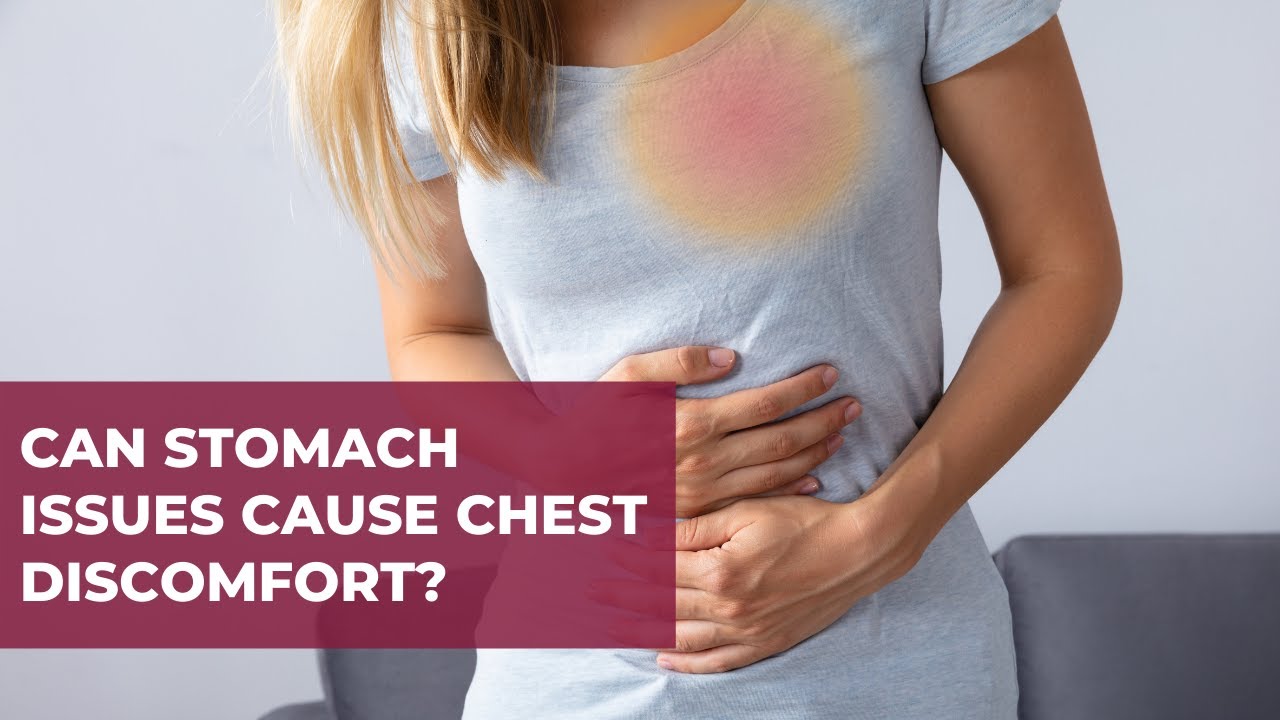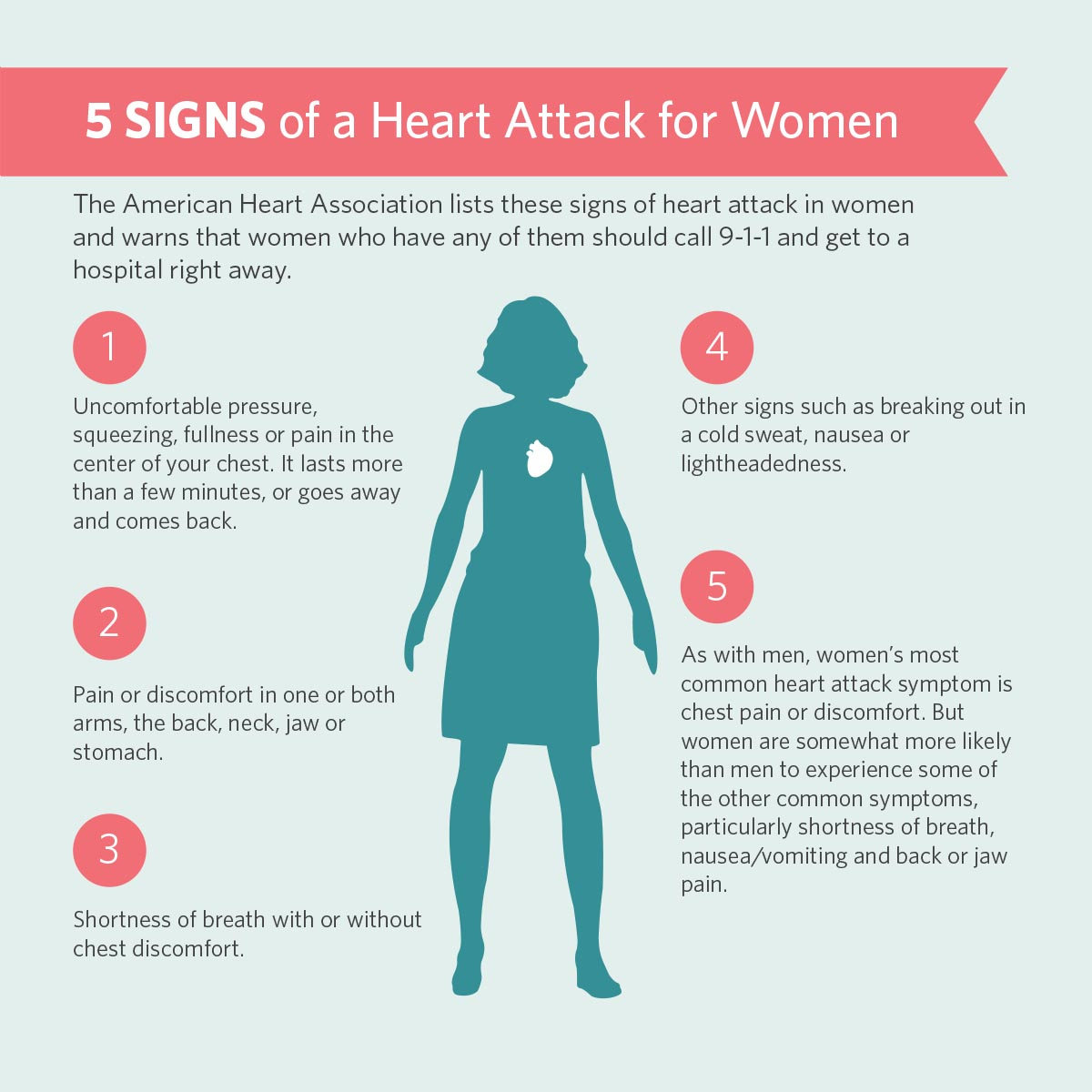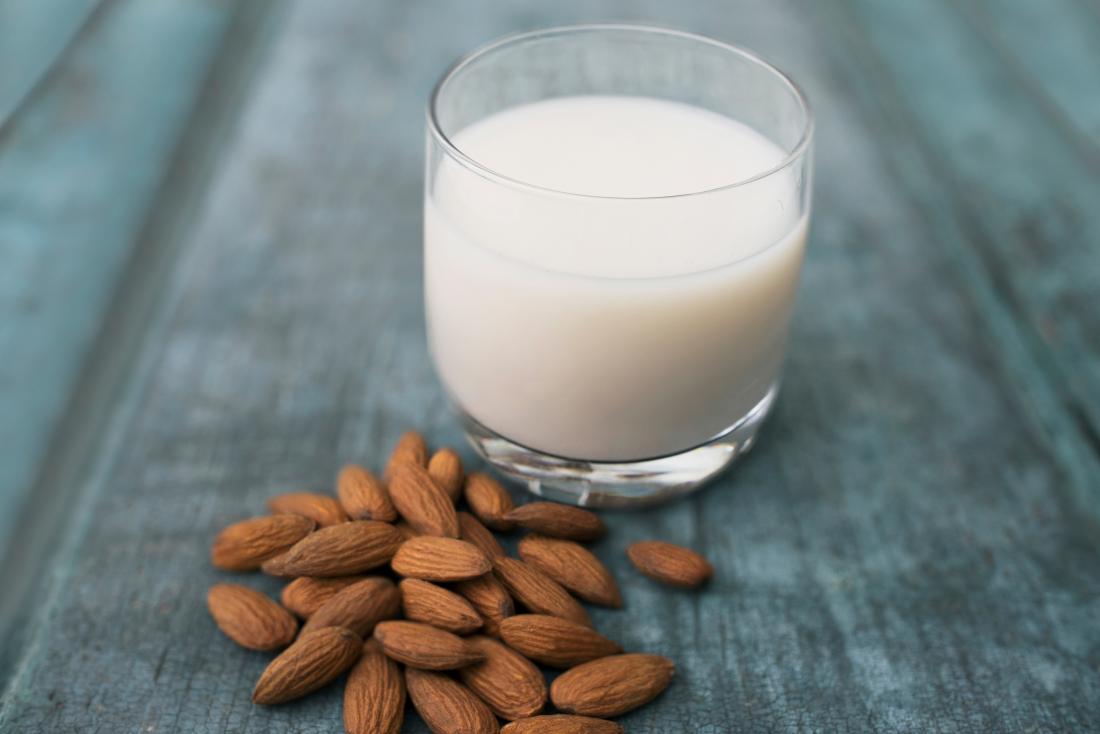
In the intricate tapestry of women's health, the nuances of female stomach and chest paincannot be overlooked. Imagine a narrative where your body becomes a compass, signaling vital messages that demand your attention. Delve into the intricacies of female stomach and chest pain, where every twinge tells a story waiting to be deciphered. This exploration is not just about discomfort; it's a journey towards understanding the unique language your body speaks, ensuring that you're not just living but thriving in sync with your own rhythm.
From the subtle whispers of indigestion to the gripping tales of underlying health concerns, this narrative unfolds the layers of complexities that encompass female stomach and chest pain. It's a roadmap to empowerment, providing you with the knowledge to navigate these sensations with confidence. Embark on this enlightening journey, embracing the wisdom that emerges from the synergy of awareness and well-being. Your body has a story to tell – listen closely, and let the narrative of health and self-discovery unfold
9 Possible Common Causes Female Stomach And Chest Pain
Stomach and chest pain are common symptoms that can be caused by a variety of factors. While some causes are harmless and easily treatable, others can be more serious. Here are 9 possible common causes of female stomach and chest pain:
1. Indigestion -Indigestion, also known as dyspepsia, is a common condition that causes discomfort in the upper abdomen. It can be caused by eating too much, eating too quickly, or eating certain foods. Symptoms of indigestion include heartburn, bloating, and gas.
2. Gastritis -Gastritis is an inflammation of the lining of the stomach. It can be caused by infection, alcohol use, or certain medications. Symptoms of gastritis include abdominal pain, nausea, and vomiting.
3. Esophagitis -Esophagitis is an inflammation of the esophagus, the tube that connects the mouth to the stomach. It can be caused by acid reflux, heartburn, or infection. Symptoms of esophagitis include chest pain, heartburn, and difficulty swallowing.
4. Pleuritis -Pleuritis is an inflammation of the lining of the lungs. It can be caused by infection, pneumonia, or blood clots. Symptoms of pleuritis include chest pain, shortness of breath, and coughing.
5. Costochondritis -Costochondritis is an inflammation of the cartilage that connects the ribs to the breastbone. It can be caused by overuse, injury, or infection. Symptoms of costochondritis include chest pain, tenderness, and swelling.
6. Anxiety -Anxiety can cause a variety of physical symptoms, including stomach and chest pain. If you are experiencing anxiety, you may also have other symptoms such as shortness of breath, racing heart, and sweating.
7. Stress -Stress can also cause stomach and chest pain. When you are stressed, your body releases hormones that can cause a variety of physical symptoms, including muscle tension, headaches, and fatigue.
8. Panic attack -A panic attack is a sudden episode of intense fear that can cause a variety of physical symptoms, including stomach and chest pain, shortness of breath, and dizziness.
9. Heartburn -Heartburn is a burning sensation in the chest that is caused by stomach acid backing up into the esophagus. It is often caused by eating spicy or fatty foods, drinking alcohol, or smoking.
If you are experiencing stomach and chest pain, it is important to see a doctor to determine the cause. Treatment will vary depending on the underlying cause.
Other Causes Of Chest Pain
- Heart-related Conditions - Heart-related conditions encompass a range of cardiovascular issues, including coronary artery disease and heart failure, which can manifest as chest pain, shortness of breath, and fatigue.
- Gastrointestinal Complications - Gastrointestinal complications involve disorders of the digestive system, such as gastritis and inflammatory bowel disease, leading to symptoms like stomach pain, bloating, and indigestion.
- Lung-related Conditions - Lung-related conditions, such as asthma or pneumonia, can cause chest discomfort, coughing, and difficulty breathing
- Bone or Muscle Problems - Bone or muscle problems, including fractures, strains, or conditions like osteoporosis, may result in localized pain or discomfort.
Treament Of Female Stomach And Chest Pain
When experiencing stomach and chest pain, it's crucial to seek medical attention promptly to identify the underlying cause and receive proper treatment. Self-treating without a diagnosis can potentially worsen the condition or delay effective management.
Simple Home Remedies
For mild stomach and chest pain, some simple home remedies may provide relief, including
- Over-the-counter medications -Antacids and heartburn medicines can help alleviate pain caused by indigestion or acid reflux.
- Dietary modifications -Avoiding spicy, fatty, and acidic foods can reduce symptoms associated with heartburn and gastritis.
- Warm compress -Applying a warm compress to the abdomen or chest can help relax muscles and ease discomfort.
- Stress management techniques -Practices like deep breathing, meditation, and yoga can help manage stress and anxiety, which can contribute to stomach and chest pain.
Here are some additional tips to prevent stomach and chest pain after eating:
- Eat smaller meals -This can help to reduce the amount of stomach acid that is produced.
- Eat slowly -This can help to prevent you from swallowing too much air, which can cause bloating.
- Avoid fatty or greasy foods -These foods can be difficult to digest and can cause stomach upset.
- Avoid spicy foods -Spicy foods can irritate the lining of the stomach and cause pain.
- Avoid caffeine and alcohol -These substances can relax the lower esophageal sphincter, which can allow stomach acid to back up into the esophagus.
- Quit smoking -Smoking can irritate the lining of the stomach and esophagus and can increase the risk of GERD.
- Manage stress -Stress can contribute to stomach problems. Find healthy ways to manage stress, such as exercise, yoga, or meditation.
Professional Medical Treatments
When experiencing stomach and chest pain, seeking professional medical attention is crucial to identify the underlying cause and receive appropriate treatment. Self-treating without a diagnosis can potentially worsen the condition or delay effective management.
Professional medical treatments for female stomach and chest pain vary depending on the diagnosed cause. Here's an overview of common treatment approaches:
- Prescription Medications -For conditions like gastritis, esophagitis, or pleuritis, doctors may prescribe medications to reduce inflammation, control acid production, or treat infections. Medications may include proton pump inhibitors (PPIs), antibiotics, or anti-inflammatory drugs.
- Physical Therapy -For costochondritis, physical therapy can help strengthen muscles and improve posture, reducing pain and discomfort. Physical therapists may provide exercises, stretches, and manual therapy techniques to address muscle imbalances and promote healing.
- Anxiety and Stress Management -If anxiety or stress is a contributing factor, therapy, counseling, or relaxation techniques may be recommended to manage these underlying issues. Cognitive-behavioral therapy (CBT), relaxation techniques like deep breathing and meditation, and stress management strategies can help alleviate symptoms and improve overall well-being.
- Surgical Procedures -In severe cases or for conditions that don't respond to other treatments, surgical procedures may be considered. For example, in cases of severe esophagitis, surgery may be necessary to repair damaged esophageal tissue. In cases of gallstones, gallbladder removal surgery may be recommended.
It's essential to remember that these are just general examples, and the specific treatment plan will depend on the individual's diagnosis, medical history, and overall health status. A healthcare professional will carefully assess the patient's condition and determine the most appropriate treatment approach.
When To See A Doctor?
Seeking medical attention promptly is crucial when experiencing stomach and chest pain, especially if the pain is severe, persistent, or accompanied by other symptoms. Early diagnosis and treatment can significantly improve outcomes and prevent complications.
Seek immediate medical attention if you experience any of the following
- Severe or worsening pain -If the pain is intense, sudden, or steadily worsens, it could indicate a serious underlying condition.
- Chest pain radiating to the arms, neck, or jaw -Pain radiating from the chest to other areas could be a sign of a heart attack or other cardiac issues.
- Difficulty breathing or shortness of breath -Impaired breathing or shortness of breath can be associated with heart problems, lung infections, or other serious conditions.
- Nausea, vomiting, or bleeding -These symptoms could indicate gastritis, esophagitis, or other digestive issues that require medical attention.
- Fever or chills -Fever or chills can be a sign of infection, which may be causing the stomach and chest pain.
- Changes in bowel habits -Significant changes in bowel habits, such as constipation, diarrhea, or blood in the stool, could indicate digestive problems that require medical attention.
- Unexplained weight loss or fatigue -Unexplained weight loss or fatigue can be associated with various underlying conditions, including digestive disorders, anxiety, or underlying medical issues.
If you experience any of these concerning symptoms, seek immediate medical attention. Dial 911 or go to the nearest emergency room promptly. Delaying treatment could potentially worsen the condition or lead to complications.
Even if your symptoms seem mild or tolerable, it's still important to schedule an appointment with your doctor to determine the cause and receive appropriate treatment. Early diagnosis and intervention can prevent complications and improve overall health outcomes.
See Also: Why Do I Wake Up With Upper Back Pain Between Shoulder Blades?
Frequently Asked Questions About Female Stomach And Chest Pain
What Can Cause Female Stomach And Chest Pain After Eating?
There are many possible causes of female stomach and chest pain after eating. Some of the most common causes include
- Indigestion -Indigestion is a common condition that can cause pain, burning, and bloating in the stomach and chest. It is often caused by eating too much, eating too quickly, or eating fatty or greasy foods.
- Gastritis -Gastritis is an inflammation of the lining of the stomach. It can cause pain, burning, and nausea. Gastritis can be caused by a number of things, including infection, stress, and certain medications.
- Esophageal reflux disease (GERD) -GERD is a condition in which stomach acid flows back up into the esophagus. This can cause a burning sensation in the chest, along with other symptoms such as heartburn and difficulty swallowing.
- Gallbladder disease -Gallbladder disease can cause pain in the upper right abdomen, which may radiate to the chest. Other symptoms of gallbladder disease include nausea, vomiting, and jaundice.
- Pancreatitis -Pancreatitis is an inflammation of the pancreas. It can cause severe pain in the upper abdomen, which may radiate to the back. Other symptoms of pancreatitis include nausea, vomiting, and diarrhea.
What Can Cause Female Stomach And Chest Pain When Breathing?
There are several possible reasons why a woman might experience stomach and chest pain when breathing. Some of the most common causes include:
- Pleuritic pain -This type of pain is caused by inflammation of the pleura, the lining of the lungs. It can be very sharp and stabbing, and it often worsens when a person takes a deep breath.
- Costochondritis -This type of pain is caused by inflammation of the cartilage that connects the ribs to the breastbone. It can be very sharp and stabbing, and it often worsens when a person takes a deep breath, coughs, or moves their arms.
- Esophageal spasm -This type of pain is caused by a sudden contraction of the esophagus. It can be very intense and feel like a squeezing or crushing sensation in the chest. Esophageal spasms can be caused by a number of things, including acid reflux, heartburn, and stress.
- Anxiety or panic attacks -Anxiety and panic attacks can cause a number of physical symptoms, including chest pain, shortness of breath, and dizziness. The chest pain that is associated with anxiety or panic attacks is often described as a feeling of tightness or pressure in the chest.
- Muscle strain or injury -A muscle strain or injury in the chest can cause pain that worsens when breathing. This type of pain is often sharp and stabbing, and it may be localized to a specific area of the chest.
Why Am I Having Pain In My Chest And Stomach?
Although commonly associated with heart attacks, stomach and chest pain can also be related to issues with various areas of your body including your intestines, lungs, muscles, ribs, and/or nerves. Regardless of the cause, chest and abdominal pain is not something that should be ignored.
Can Stomach Pain Indicate Heart Attack?
Typical heart attack signs and symptoms include: Pressure, tightness, pain, or a squeezing or aching sensation in your chest or arms that may spread to your neck, jaw or back. Nausea, indigestion, heartburn or abdominal pain. Shortness of breath.
Conclusion
understanding the complexities of female stomach and chest pain is crucial for promoting women's health and well-being. The diverse range of causes, from gastrointestinal issues to menstrual-related discomfort, underscores the need for nuanced awareness. Women should be empowered with knowledge about the various factors that may contribute to abdominal and chest pain, allowing them to make informed decisions about their health.
Ultimately, this exploration of female stomach and chest pain aims to dispel uncertainties, encourage proactive health management, and foster a dialogue between women and healthcare providers. By embracing a holistic approach that considers physical, hormonal, and lifestyle factors, we can collectively contribute to a healthier, more informed female population, where individuals feel empowered to prioritize their well-being and seek medical attention when needed.


